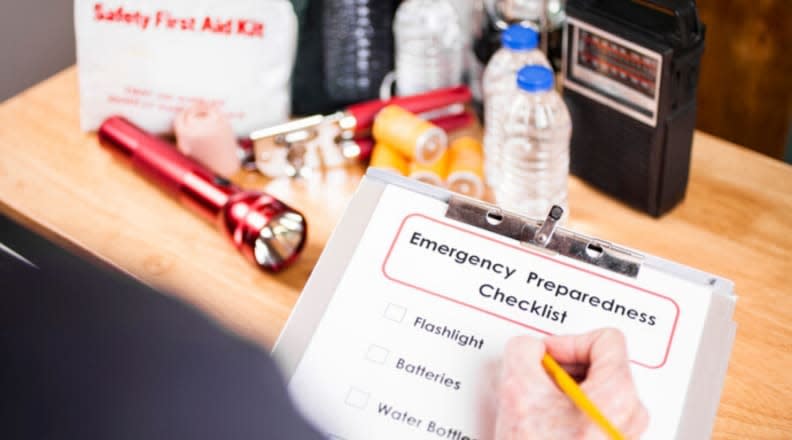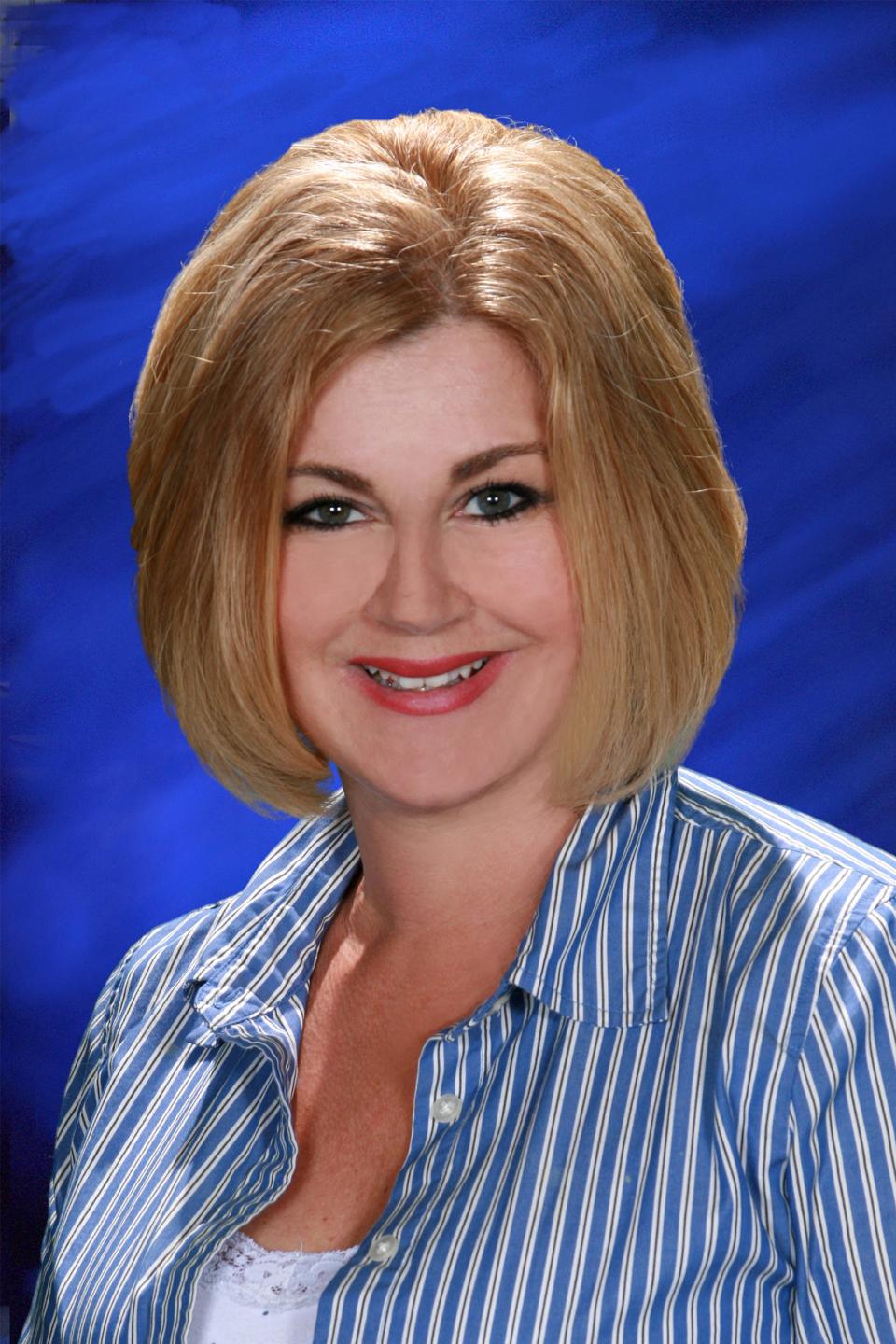One Senior Place: It's time to begin your early prep with hurricane season arriving June 1

Q: I just retired to Florida. Do I need a hurricane plan?
A: Hurricane season starts June 1 and AccuWeather has released its official prediction for 2024.
Not to fear-monger, but this could be an “explosive” hurricane season with up to 30 named storms. But there's no need to panic.
A little advance preparation will take much of the stress out of weathering the storm.
Previous One Senior Place columns:
Gut feeling: People often listen to intuition over facts, but why?
To your door: Home delivery services help seniors get what's needed without leaving home
Still gotta pay: Retired and don't think you need to pay taxes anymore? That's not the case

Start planning now
Have a conversation with your family. Is your house safe enough to shelter-in-place? Is your home in danger of flooding from storm surge?
Check a FEMA.gov map to see if your address is in a flood zone. Knowing whether you'll stay or go will help you create the appropriate hurricane kit.
Evacuation
If you decide to evacuate, where will you go? Are family or friends nearby?
A public shelter is a refuge of last resort.
If you have pets, make sure the shelter is pet friendly.
Taking oxygen? Shelters are listed at FloridaDisaster.org, where you will need to register in advance if special needs assistance is required.
If you rely on caregivers from an agency, discuss their storm plans NOW. If there's a chance you will leave, check out AARP.org's emergency "Go Bag" essentials.
Important papers
Make copies of personal documents (proof of address, deed/lease from home, passports, birth certificates, insurance cards and policies).
Don’t forget your advance directives, trust papers, banking information and medications list with prescribing practitioners.
Put all copies in a waterproof document holder and keep originals in a safe place.
Hurricane prep kit (basic)
Water. One gallon per person, per day (two-week at-home supply). Buy it now, to avoid empty store shelves.
Food. Non-perishable, easy to prepare items.
Flashlights, extra batteries and battery-powered (or hand cranked) radio.
First aid kit, medications (7-day supply) plus medical, hygiene items and continence supplies. Floridians may fill a 30-day emergency supply of maintenance medication in counties under a hurricane warning.
Cell phone with charger (consider an additional power bank).
Extra cash (ATM’s might be inoperable).
Extra fuel for generator or car.
Pet food and supplies.
Stay informed
Register for voice, email or text notifications from your county Emergency Operations Center. Keep up with the weather, but avoid obsessing over storm coverage as the hurricane creeps closer.
To learn more, attend one of two hurricane preparedness events at One Senior Place.
In Altamonte Springs, meet WFTV Meteorologist, Tom Terry on May 10. Join representatives from the National Weather Service and Brevard Fire/Rescue in Viera on May 30. RSVP at OneSeniorPlace.com or call 321-751-6771.
One Senior Place is a marketplace for resources and provider of information, advice, care and on-site services for seniors and their families. Questions for this column are answered by professionals in nursing, social work, care management and in-home care. Send questions to AskOSP@OneSeniorPlace.com, call 321-751-6771 or visit One Senior Place, The Experts in Aging.
Brenda Lyle is a Certified Care Manager and Certified Dementia Practitioner with One Senior Place, Greater Orlando.
This article originally appeared on Florida Today: Hurricane season begins June 1. Here's how you should prepare in advance

